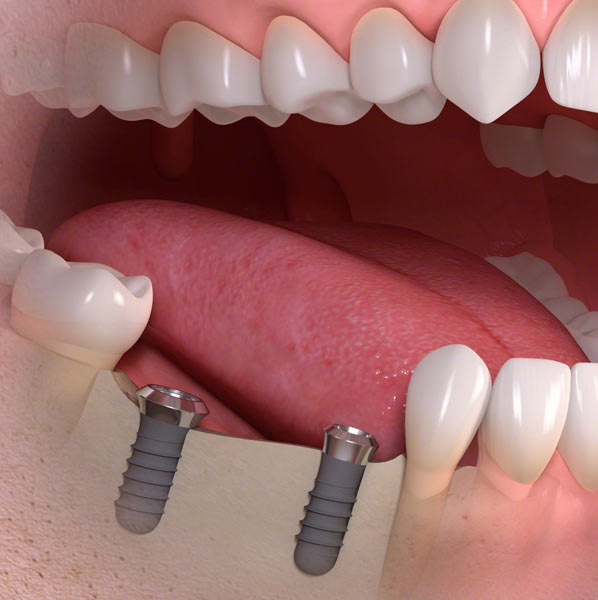What Are Dental Implants In Turkey?
When considering dental implants in Turkey, it is essential to research different dental clinics and specialists to ensure that you find a reputable and experienced professional. Many of the dental clinics in Turkey have the latest technology and state-of-the-art facilities, making them an excellent choice for dental implants.
In terms of cost, dental implants in Turkey are generally more affordable than in many other countries. The cost can vary depending on the type of implant used, the number of implants required, and the specific dental clinic or dental specialist you choose. It is recommended to obtain a detailed quote from the dental clinic or specialist you are considering in order to understand the total cost of the procedure.
All in all, dental implants in Turkey can be an excellent option for those looking for quality dental care at an affordable price. However, as with any medical procedure, it is important to research carefully and choose a reputable, experienced dental professional.
Dental Implant Techniques In Turkey
There are many different dental implant techniques used in Turkey, and the specific technique used will depend on a number of factors, including the patient’s oral health, the number of teeth to be replaced, and the location of the missing teeth.
Here are some of the most common dental implant techniques used in Turkey:
Conventional Dental Implants: This is the most common dental implant technique used in Turkey, and it involves placing a titanium screw into the jawbone to serve as the root for a new tooth. Once the implant has fused with the bone, a dental crown is placed on top to create a natural-looking, functional tooth.
All-On-4 Dental Implants: This technique involves placing four implants in the upper or lower jaw to support a full arch of teeth. This technique is often used for patients who have lost all of their teeth or have major dental problems.
Immediate Load Dental Implants: With this technique, a temporary crown is placed over the implant immediately after surgery, allowing the patient to leave the dental office with functional teeth. This technique can be a good option for patients who want to avoid the inconvenience of multiple appointments.
Zygomatic implants: This technique involves placing longer dental implants in the cheekbone (zygomatic bone), rather than the jawbone. Zygomatic implants can be a good option for patients with significant jaw bone loss.
Conditions For Dental Implants In Turkey
The conditions for obtaining dental implants in Turkey are similar to those in other countries. The suitability of a dental implant depends on several factors, including the patient’s oral health, the location of the missing teeth, and the amount of bone available to support the implant.
Here are some common conditions for dental implants in Turkey:
Good oral health: Patients must have good oral health before undergoing dental implants. This means that any underlying oral health issues, such as gum disease or tooth decay, must be addressed prior to implant surgery.
Sufficient bone density: Patients require sufficient bone density to support dental implants. If there isn’t enough bone, additional procedures such as bone grafts may be necessary to build bone density.
General Health: Patients must be in good general health to undergo dental implant surgery. Certain medical conditions, such as uncontrolled diabetes or heart disease, may increase the risk of complications during the procedure.
Adhere to Oral Hygiene: Patients should be committed to maintaining oral hygiene after implant surgery. Regular brushing and flossing, as well as routine dental check-ups, are essential to ensuring the longevity of dental implants.
Risks Of Dental Implants In Turkey
Here are some potential risks of dental implants:
Infection: Infection can occur after dental implant surgery, but it is generally rare. Good oral hygiene and regular check-ups with your dental professional can help reduce the risk of infection.
Nerve damage: Nerve damage is a rare complication of dental implant surgery. It can cause numbness, tingling, or pain in the mouth, lips, or tongue.
Implant failure: Dental implant failure can occur if the implant does not fuse properly with the bone or if the implant becomes loose over time. These risks can be minimized by following proper aftercare instructions and maintaining good oral hygiene.
Sinus problems: Dental implants in the upper jaw can sometimes affect the sinus cavity, leading to sinus problems or infections. These risks can be minimized by choosing an experienced dentist who can carefully assess the patient’s bone structure prior to the procedure.
Allergic reactions: In rare cases, the patient may experience an allergic reaction to the materials used in dental implants, such as titanium.

